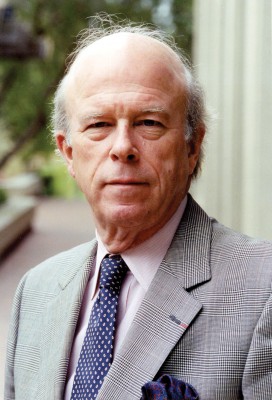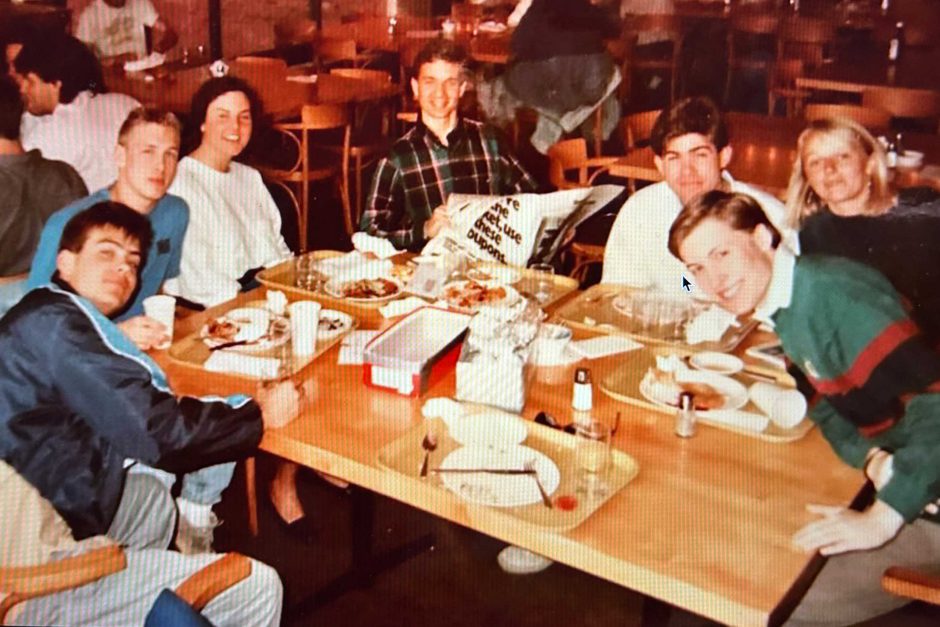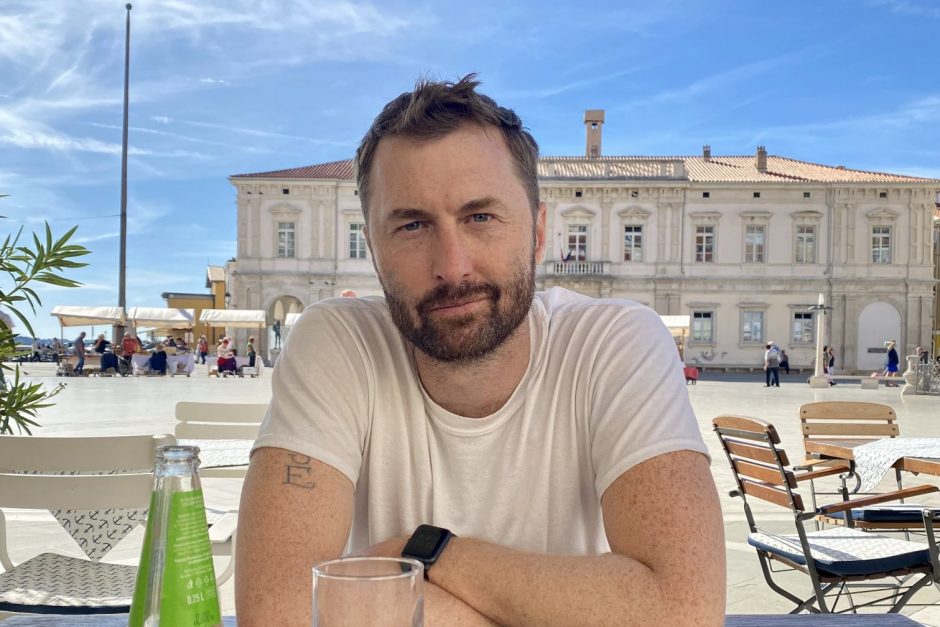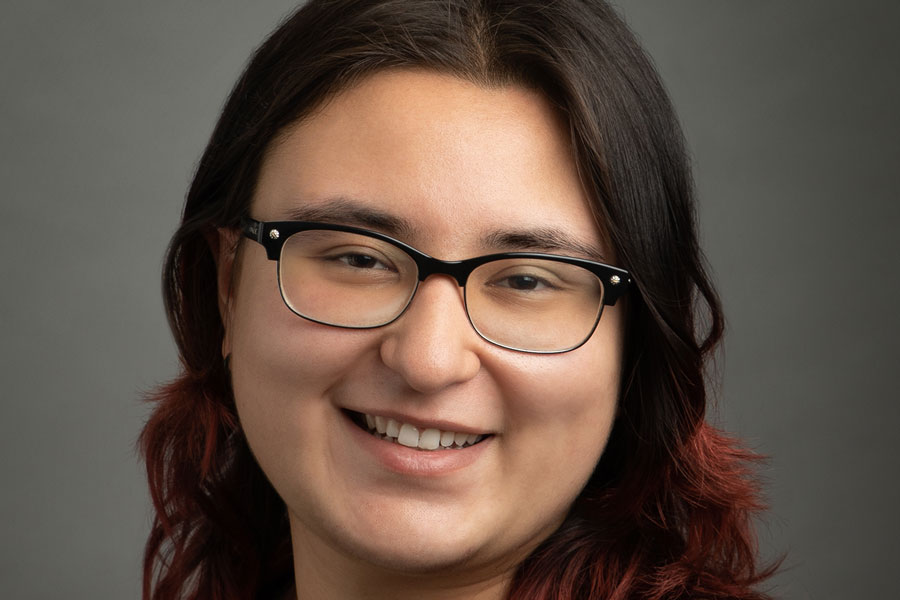Global citizen recalls Midwestern college education
Dennis Bark ’64 is a senior fellow with the Hoover Institution at Stanford University, where he began as a postdoctoral fellow in 1970, and serves as a chairman of the Earhart Foundation board of trustees. He received his Ph.D. in modern European history and political science from the Free University of Berlin. In 1997 he was awarded the Knight’s Cross of the Order of Merit, First Class, by the Federal Republic of Germany for his contributions to German-American relations and, in 2001, received the Knight’s Cross of the National Legion of Honor of the Republic of France. An author and editor, Bark received Cornell’s Distinguished Achievement Award in 2014.

When I stepped out of a train in Marion, Iowa, in September 1960, after an almost three-day train trip from San Francisco, I had little idea what to expect. The cornfield opposite the station platform was higher than an elephant’s eye and certainly taller than me. I had never seen a cornfield before, and I have never forgotten it. There, I was met by three students from the college with one of whom, Richard K. Scott ’63, I developed a close friendship that now spans more than 50 years.
Cornell changed my life, so what do I recall about it, and why?
My recollections begin with the campus, the classroom, and my professors. Their memorable invitations to learning came from Eugene Elkins (French), Eric Kollman (history), Howard Malpas (drama), and Herbert Hendriks ’40 (geology). What they taught me is what counts and explains why I went to Cornell; namely, to get a first-rate education from superior teachers who instilled in me a love of learning. The latter, of course, is what Cornell offered me, but it was not all.
Life on the Hilltop was both a privilege and a pleasure, which is why I so much enjoyed teaching a history course there 30 years later, on two occasions during the 1990s, in addition to delivering the Eric C. Kollman Memorial Lecture in 1997. It was a heaven-sent opportunity to give something back to a college that had given me a great deal, including a lifelong love of the theater, thanks to the department of speech and drama.
My mother was born in Spirit Lake, Iowa, so the chance to begin my education in the Midwest was an unusually welcome one; I had heard about Iowa all my life, but had never seen it. I just knew it was a long way away, but I didn’t know, until I met them, how many kind and generous Iowans lived there.
Cornell was more than just a college—it was also a campus with spirit, made of intellect and tradition, and of imagination and friendship. The spirit introduced me to a perspective on life in a part of the United States to which I had never been exposed, but to which I was proud to be related. This was especially true during Thanksgiving. On this holiday I was invited, more than once, to celebrate at the homes of Mount Vernon residents, sometimes after having caught turkeys with classmates at the local turkey farm, for shipment to market.
Little did I know that the friendships I would make during those years would last more than half a century. I consider my Delta Phi Rho fraternity brothers to be unusually talented and sensitive individuals. They understand the meaning of decisive and compassionate leadership and have excelled in their careers. Most importantly, however, they were my fellow students at a school with a storied and strong history; today they remain my good friends, for which, together with my Midwestern education, I owe Cornell a major debt of respect and gratitude, as I do my former roommates, Michael Annis ’64 and Eddie Piccard ’63.
I am proud of my association with Cornell and take every opportunity to explain why. The most powerful and persuasive kind of history is one that tells itself, with color and conviction. This is one of Cornell’s rich legacies that I recount every chance I get.



